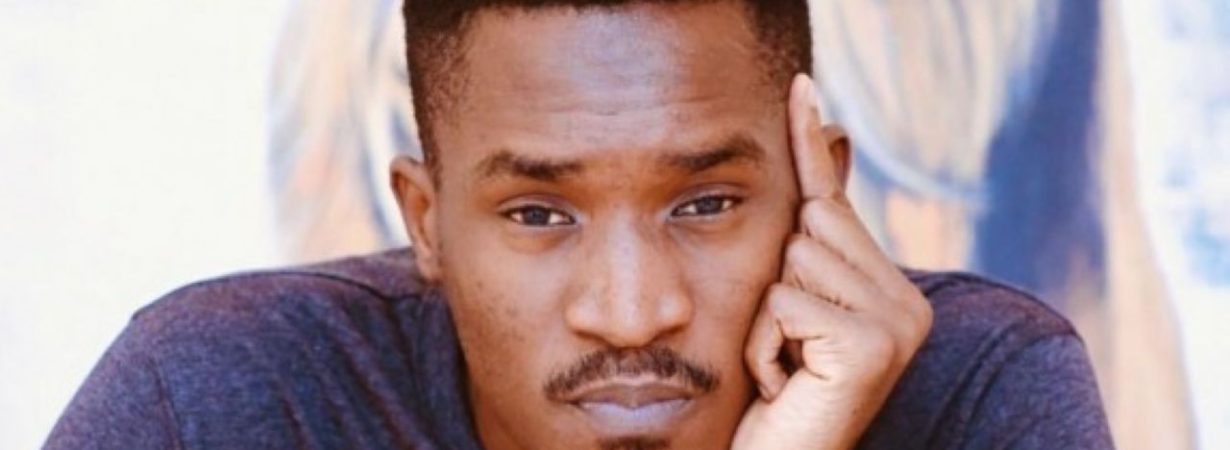A Pass Urges Uganda to Choose Artistes Based on Talent, Not Popularity, for International Platforms
In a recent media interview, singer Alexander Bagonza, better known by his stage name A Pass, expressed his concerns about the state of music representation in the country.
According to him, Uganda needs proper representation, rather than selecting artistes for major platforms based on friendship.
He pointed out that while platforms like Coke Studio offer opportunities to showcase music talent, the selection process often favors popularity over true creativity and skill.
“We should stop selecting musicians based on popularity and instead choose those who are truly creative and talented. These musicians will represent us better,” A Pass stated.
Drawing comparisons with other countries, he highlighted that Nigeria selects their best musicians for international platforms, while Uganda tends to pick popular faces instead of showcasing the country’s most exceptional talents.
He also referenced Kenya’s approach, noting that artistes like Sauti Soul and Khaligraph Jones are chosen because of their outstanding abilities.
A Pass lamented that Uganda often overlooks talented musicians such as himself, despite their potential to exceptionally represent the country on a global stage.
“I am not saying this because I need the platform. I can still succeed without it,” A Pass clarified.
“There are other talented artists who should be considered, such as Dokta Brain. If he were on such platforms, he would not need to ask for a songwriter because he is capable of creating songs on the spot,” he said.
A Pass emphasized that the lack of proper representation limits opportunities for collaboration with top African artistes.
“It is difficult to collaborate when we are not showcasing our skills, and there are many skilled artistes who are not given the platform,” he said.
In conclusion, A Pass called for a shift in the way Ugandan musicians are selected for prominent platforms, urging for a focus on true talent rather than friendly ties.
“We need good representation, not friendly representation,” he asserted.




